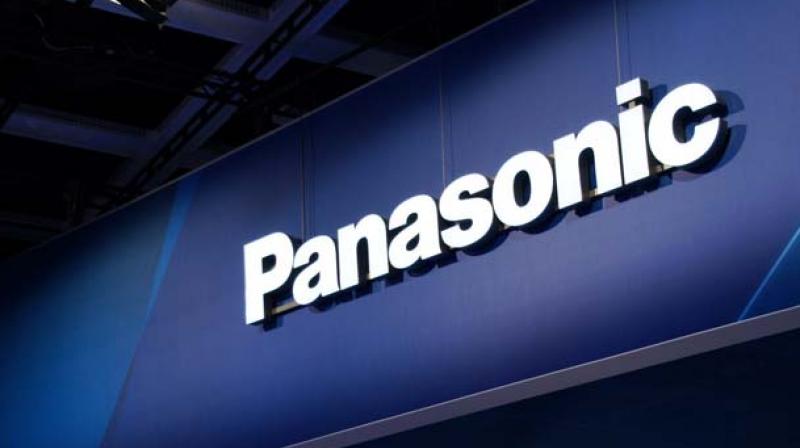Panasonic ramps up its smart factory solutions business in India

Panasonic announced its plans to ramp up its smart factory solutions business in India. The company has integrated its welding business and SMT (Surface Mount Technology) equipment business to consolidate its software and hardware capabilities and become an end-to-end integrated Smart Manufacturing Solutions company. The smart factory solutions proposition will enable Panasonic to deliver broader, high value-added, smart solutions and services along with world-class hardware to the manufacturing industry. The company targets to achieve 1000 Cr in revenue from its smart factory business in the next three years, with solutions and digital manufacturing expected to contribute 15 per cent to the total smart factory business revenue.
Panasonic plans to open a technical centre for its smart factory solutions which will act as a strategic base that validates smart factories with customers and be used as a training centre where customers can learn the skills required to operate a digital factory. The company is focused on building India as its innovation hub for the globe, and create a strong ecosystem of component and automated manufacturing in the country.
The smart factory solutions are for manufacturers looking to take a forward leap in smart manufacturing through solutions such as integrated line management system (ILNB), automated process tracker, digital reporting system and more. Panasonic’s recently introduced solution, ILNB can communicate with the entire line of machinery and can automate up to 70-80 per cent of manual processes, thereby improving productivity ensuring quality control and supporting the actual production process. Similarly, the digital reporting system allows real-time access to information helping build agility and overall transparency of systems.
The growth of this market is propelled by the evolution of the Internet of Things (IoT), increasing the use of enabling technologies in manufacturing, rising adoption of industrial robots in manufacturing sector driven by collaborative robots, and connected enterprise, along with mass production to cater to rising population.
